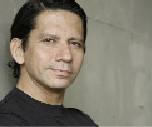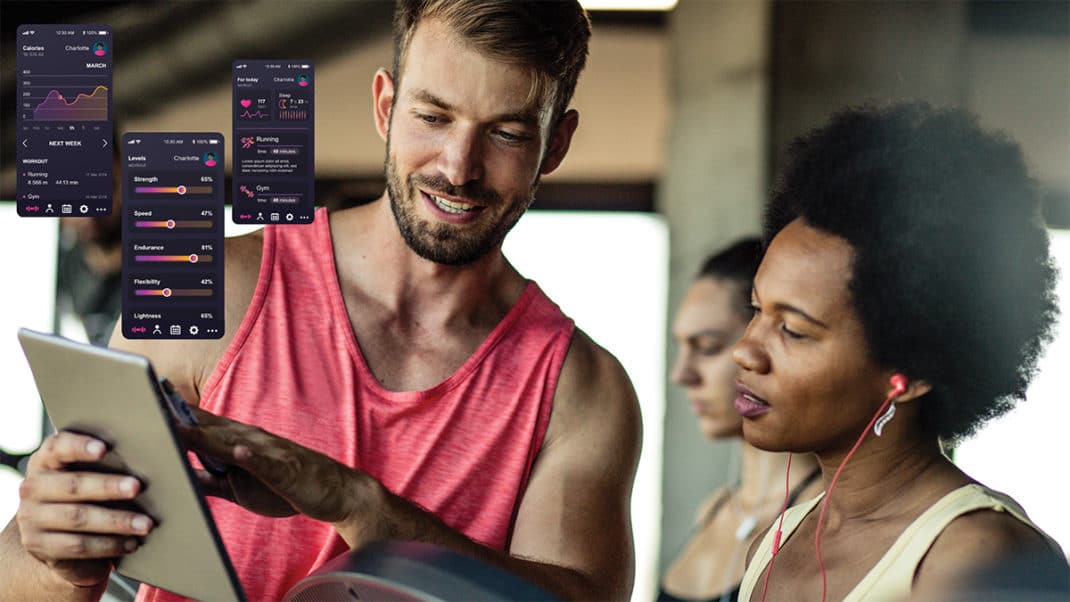Dance-Inspired Classes Big in Venezuela

What programs are popular in Venezuela? “In the mind-body segment, yoga and Pilates are the strongest trends, with Yoga Plus, Neo Pilates, Yogashala and Zona Pilates the most known programs,” explains Yordi Arteaga, director of Fitness & Marketing Consulting, creator of Functional Training System and a personal trainer, a presenter and a postrehab specialist in Caracas.
For beginners, dance-inspired classes are extremely popular, notes Arteaga, who has worked in the fitness industry for 25 years. “Instructors use popular tunes of almost every rhythm, especially tropical ones like salsa and merengue. They also utilize basic dance steps that everyone knows and employs when dancing at parties or at home.”
Martial arts–based cardio classes and functional training classes are also popular. “After almost disappearing off the national fitness scene, step classes are growing again but more slowly than before,” he says. “Plus, after being the most explosive trend for a long time, indoor cycling classes have just been maintaining rather than growing.”
Another growing trend is master classes, special step or other group exercise classes for both instructors and enthusiasts that take place on weekends. Shopping centers and other locations host weekend events consisting of two or three classes conducted in open spaces. These classes are almost always free for the public, and some include childcare, notes Arteaga. On a national level, baseball and football (soccer) are popular sports in Venezuela.
On the personal training front, trainers have been slow to incorporate the functional training trend that has caught on in other parts of the world. However, opportunities in postrehabilitation exercise are starting to open up and provide professional opportunities to qualified trainers.
Very few Venezuelans understand the importance and benefits of participating in a physical prescreening before entering a fitness program. “Prescreening is mandatory only in a very few gyms,” says Arteaga.
The cultural view of fitness in Venezuela is that exercise is a way to look better. “Exercise is considered a hedonistic and recreational activity, rather than a way to improve health or performance,” he says. “For many people, gyms are places for people who are already in shape.”
This viewpoint is unfortunate because many Venezuelans aren’t enjoying the health benefits exercise can offer, notes Arteaga. Cardiovascular diseases are a major cause of death in Venezuela, and exercise could help prevent some of the risk factors.
Arteaga is hopeful that more Venezuelans will exercise in the future. “I believe the trend will be changing the message from ‘fitness for looks’ to ‘fitness for health and performance.’ I also think that there will be more education offered for health and fitness pros, as the government is taking charge of some of the gaps that the ‘ley del deporte’ (sports law) doesn’t address.”
The good news is that the government is trying to help some people be more active. The Barrio Adentro Deportivo, a social sports program, was established to spread sports and physical education across the country and contribute to the development of competitive sport. “This program takes sports and some fitness activities to the low-income sectors of the country,” explains Arteaga.
Yordi Arteaga






